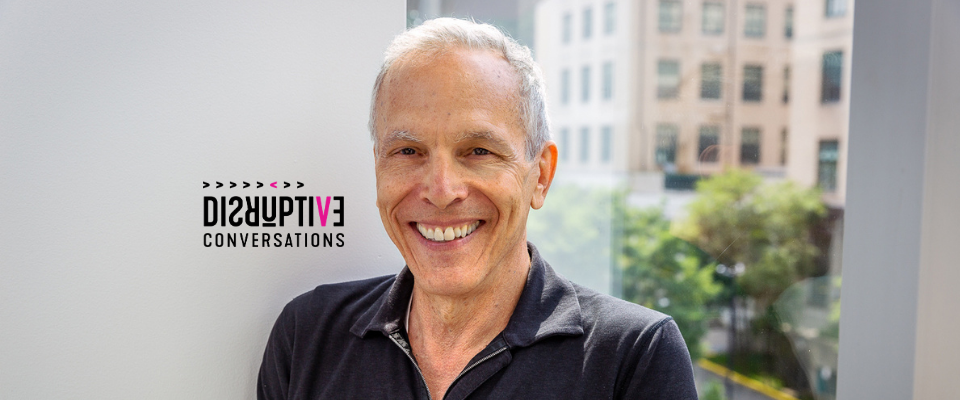Paul Pangaro has a deep interest in the relationship between machines and people. He describes himself as an interaction designer, pragmatist and practitioner. He thinks, like me, believes if you have a good theory, you can then make progress. Currently, he teaches at Carnegie Mellon in the Human-Computer Interaction Institute there.
In this conversation, talk about how conversations help us make sense of the world. Several things stood out for me, and here are just a few of them.
Conversations are not just between human beings.
In referencing Gordon Pask, Paul makes the argument that conversations are not just between us as individuals. We can have conversations with objects in our space. We can have conversations with ourselves. One school of thought can have a conversation with another. It is these conversations that make us human.
Without conversation we cannot learn from one another.
The thing that distinguishes human beings as an animal from other animals is our capacity for language. Language gives us the capacity to create agreements, actually to agree and to collaborate. For him, conversation is the essence of all things human.
If you wish to accomplish something design the conversation.
What is the action you take when you want to accomplish something? For most people, the default is to assemble a team. Here Paul puts forward what might seem like an obvious provocation. What if you started with designing the conversation? What if you thought about the cadence of the conversations you need to have. Everything we ever hope to accomplish is done through conversations. So why not pay attention to how you design your conversations. In doing so, you increase your capacity to act. We need to think about the goals, means and classes of conversations.
What do we need to learn or what did we learn?
What if you ended each conversation in your organization with what we need to learn or what did we learn? Do we or did we have the right people in the room? New conversations and language help you see things in completely need ways. Conversations can help you rethinking distinctions, relationships, and values. Business gets better at doing the same thing better and better. They thus do not see what the new is.
We ask the wrong people to come up with innovation.
When we ask people who are operational to thinking about the new way forward, we ask the wrong people. These people are two caught in the existing paradigm. Getting people to think in new ways is to remove the conflict of their day to day activity with the future you hope to bring forward.
Language helps us create new language.
We need to use conversation to create what we do not know we are going to create.
Find your misfits.
We cannot expect the people who invested in the current paradigm to help you imagine the new world. To do this, you need to find your tribe of misfits. Our self-interest always drives us.
There is a distinction between choice and options.
Paul references a quote by Heinz von Foerster, which says, “I shall always act to increase the total number of choices.” Paul points out that the quote is really ethical imperative. Where we help people make real choices in a world that generally gives us options.
No matter the change you wish to make, it should be couched in your values.
If you are always honouring your values, you will still have your values no matter what you do in the world. In the episode, Paul references Humberto Maturana
A great quote referenced in the episode and attributed to Heinz von Foerster, “Person A is better off when person B is better off.”
For more information about Paul Pangaro
Visit his website: https://www.pangaro.com/
The post S3: Ep. 98: Conversations create a new way of seeing. A Disruptive Conversation with Paul Pangaro. appeared first on Keita Demming.
